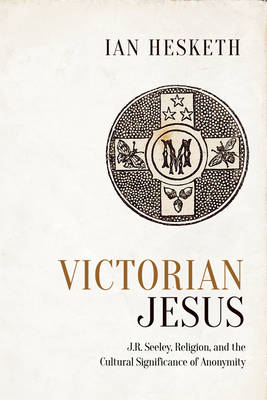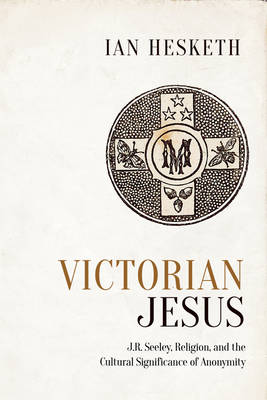
- Afhalen na 1 uur in een winkel met voorraad
- Gratis thuislevering in België vanaf € 30
- Ruim aanbod met 7 miljoen producten
- Afhalen na 1 uur in een winkel met voorraad
- Gratis thuislevering in België vanaf € 30
- Ruim aanbod met 7 miljoen producten
Omschrijving
Ecce Homo: A Survey in the Life and Work of Jesus Christ, published anonymously in 1865, alarmed some readers and delighted others by its presentation of a humanitarian view of Christ and early Christian history. Victorian Jesus explores the relationship between historian J. R. Seeley and his publisher Alexander Macmillan as they sought to keep Seeley's authorship a secret while also trying to exploit the public interest.
Ian Hesketh highlights how Ecce Homo's reception encapsulates how Victorians came to terms with rapidly changing religious views in the second half of the nineteenth century. Hesketh critically examines Seeley's career and public image, and the publication and reception of his controversial work. Readers and commentators sought to discover the author's identity in order to uncover the hidden meaning of the book, and this engendered a lively debate about the ethics of anonymous publishing. In Victorian Jesus, Ian Hesketh argues for the centrality of this moment in the history of anonymity in book and periodical publishing throughout the century.
Specificaties
Betrokkenen
- Auteur(s):
- Uitgeverij:
Inhoud
- Aantal bladzijden:
- 288
- Taal:
- Engels
- Reeks:
Eigenschappen
- Productcode (EAN):
- 9781442645776
- Verschijningsdatum:
- 6/10/2017
- Uitvoering:
- Hardcover
- Formaat:
- Genaaid
- Afmetingen:
- 152 mm x 231 mm
- Gewicht:
- 566 g

Alleen bij Standaard Boekhandel
Beoordelingen
We publiceren alleen reviews die voldoen aan de voorwaarden voor reviews. Bekijk onze voorwaarden voor reviews.











